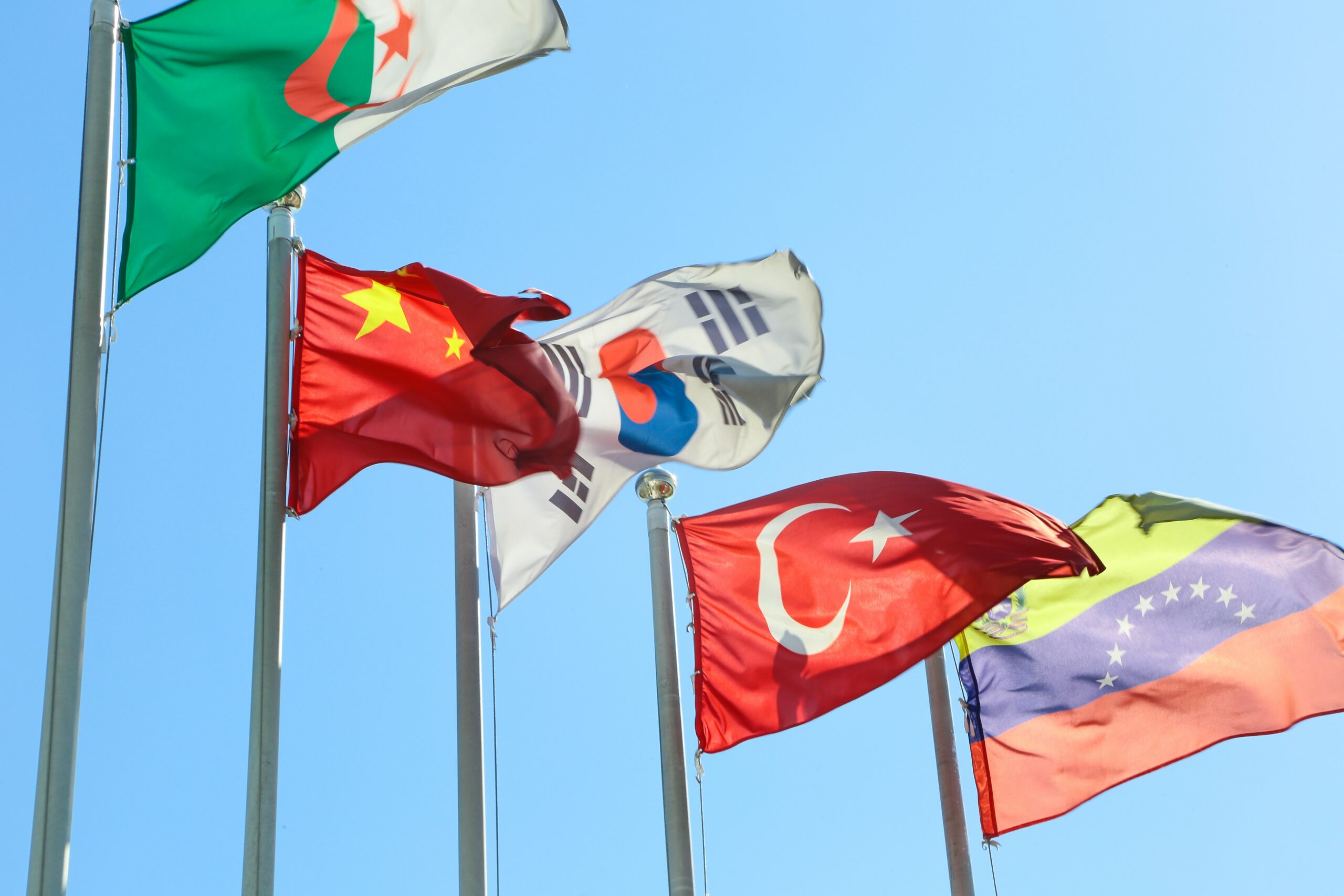The concept of the metaverse has rapidly gained traction across the globe. As this new digital frontier unfolds, nations and international organizations alike have recognized the need to establish governance frameworks for immersive environments. This article explores the current landscape of national metaverse initiatives, shedding light on the strategies and policies being developed by various countries to navigate the evolving metaverse landscape.

Europe: Towards a Virtual World
In Europe, the drive towards a metaverse strategy is gaining momentum. The European Commission’s (EC) initiative, Virtual Worlds, is currently under development as part of the EC’s broader strategy to prepare Europe for the digital age. Additionally, the European Parliament is working on its own-initiative report to assess the opportunities, risks, and policy implications posed by the metaverse. Though dedicated metaverse laws are yet to be established, the interest of regulators is evident, and multiple existing pan-EU and national laws related to digital services, privacy, consumer protection, and intellectual property cover aspects of the metaverse.

Brazil and Canada: On the Verge of Strategy
In Brazil and Canada, efforts towards a comprehensive metaverse strategy are in the early stages. The Brazilian Artificial Intelligence Act is in development, indicating a growing recognition of the importance of metaverse-related governance. Similarly, Canada is taking a similar approach to the US and EU, with the development of strategies likely to unfold in the near future.
USA: Draft Acts Pave the Way
The United States is yet to establish a formal metaverse strategy. However, promising signs come in the form of draft acts, such as the ACCESS Act and Innovation and Competition Act, which are currently undergoing early stages of review. These legislative efforts indicate the nation’s commitment to address the challenges and opportunities presented by the metaverse. Similarly, Brazil and Canada are also yet to establish it’s own metaverse strategy but we would assume work is in progress.
UAE and Saudi Arabia: Embracing Metaverse Potential
The United Arab Emirates (UAE) and Saudi Arabia are at the forefront of metaverse initiatives in the Middle East. Dubai’s Metaverse Strategy, along with federal laws on cryptocurrency and significant investment funds, demonstrates the UAE’s commitment to the development of immersive technologies. In Saudi Arabia, the National Gaming and Esports Strategy and NEOM, a futuristic megacity, aim to drive metaverse gaming and technology development, furthering the nation’s interest in the metaverse.
China and Japan: Pioneers in the Asian Metaverse Space
In Asia, both China and Japan are spearheading metaverse strategies. China’s 5-Year Metaverse Plan, combined with local government efforts in key cities, highlights the nation’s ambition to lead the metaverse revolution. In Japan, the government’s interest is evident, with a dedicated Web3 committee actively developing policies. Ryugukoku, a public-private metaverse collaboration, serves as a major initiative to position Japan at the forefront of this digital realm.
South Korea and Singapore: Forging Metaverse Pathways
South Korea’s Metaverse strategy, unveiled in 2022, provides a comprehensive framework for metaverse development. The government’s Methaverse Ethical Principles and the Methaverse Industry Promotion Law demonstrate the nation’s commitment to creating a sustainable and ethical metaverse ecosystem. In Singapore, while no official strategy is in place, multiple supportive statements from government officials signify a positive approach to the metaverse’s potential.
The metaverse is rapidly evolving, presenting exciting opportunities and challenges on a global scale. Nations across continents are recognizing the importance of establishing governance frameworks to navigate this digital frontier. While some countries have already taken significant strides with dedicated metaverse strategies, others are in the early stages of formulating their approaches. As the metaverse continues to unfold, international collaboration and the exchange of best practices will play a crucial role in shaping a sustainable and inclusive digital future.
For more market insights, check out our latest Digital Twin news here.













